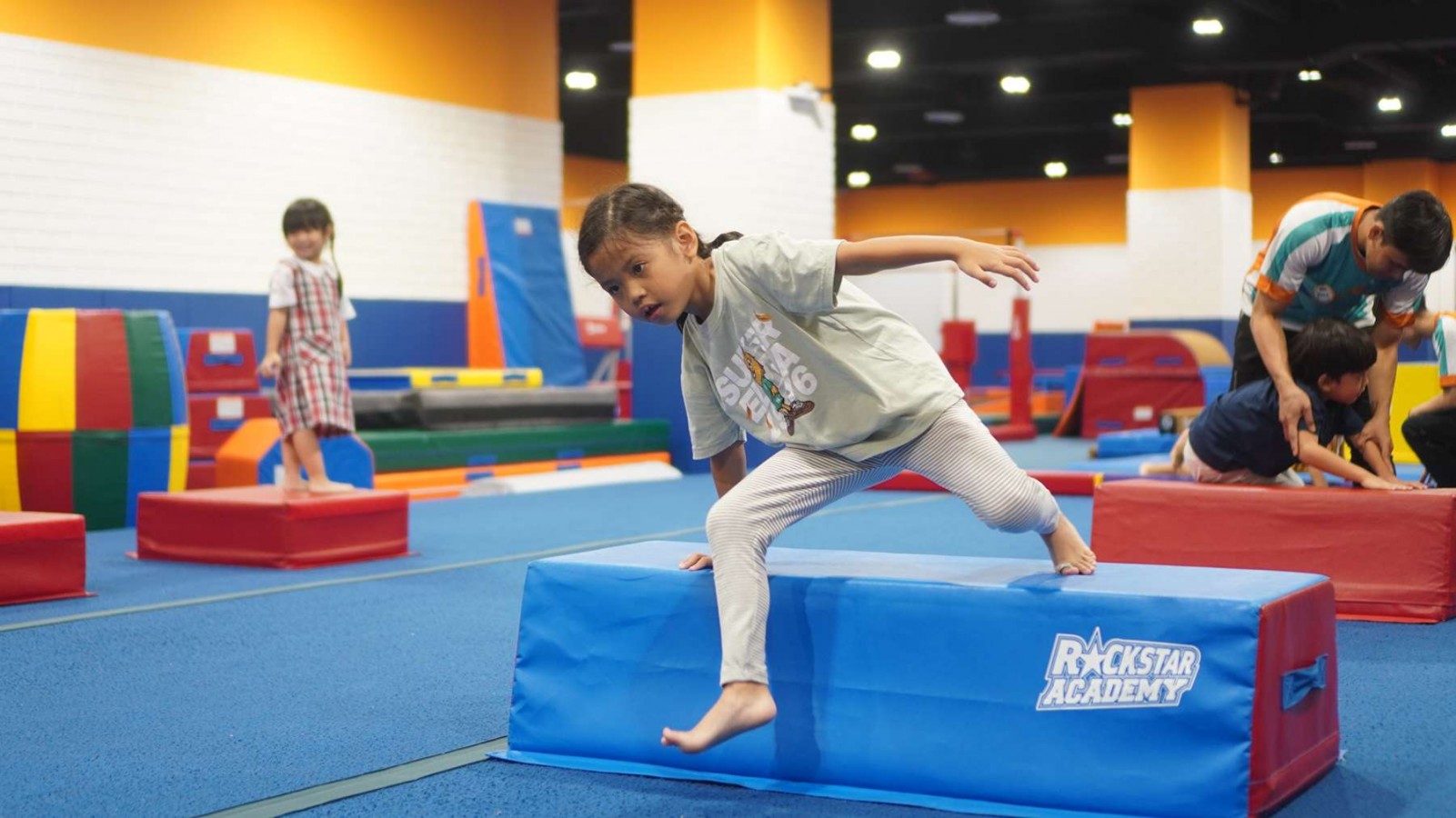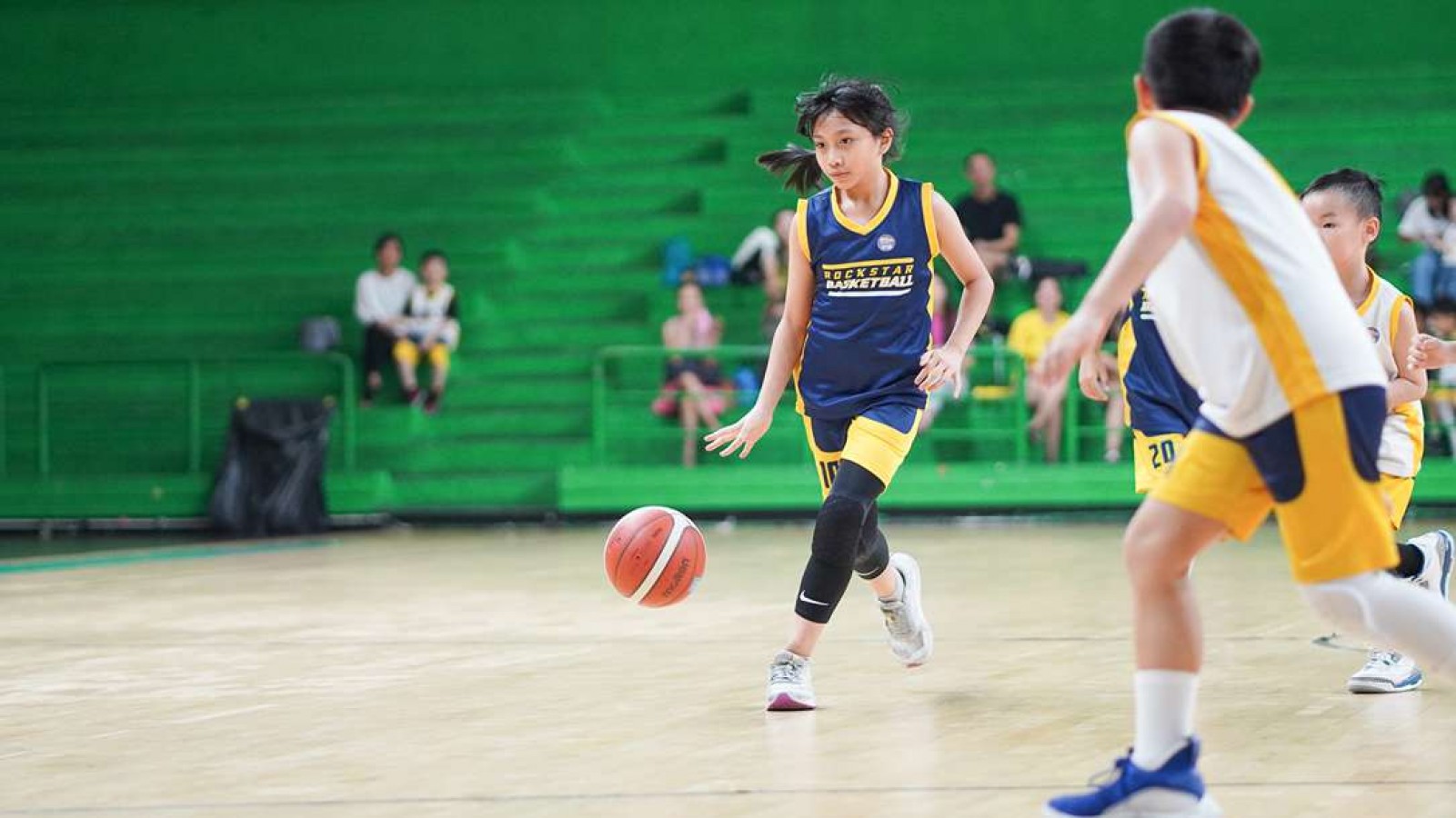Tips on How To Do Gymnastics While Fasting

As the holy month of Ramadan approaches, many Muslim gymnasts face the challenge of maintaining their training regimen while fasting. Fasting during Ramadan involves abstaining from food and drink from dawn until sunset, which can present unique challenges for athletes, including gymnasts.
However, with careful planning and preparation, it is possible to continue training effectively during Ramadan. In this article, we will explore some tips on how to do gymnastics while fasting.
Tips on How To Do Gymnastics While Fasting
Exercising while fasting has both benefits and risks that gymnasts should be aware of. On the plus side, when done properly, working out in a fasted state can boost insulin sensitivity and increase growth hormone production, which may help the body burn fat more efficiently.
This can be a great advantage for gymnasts aiming to improve body composition. However, there's also a downside: training too intensely without food can lead to muscle loss, as the body may start breaking down amino acids from muscles to maintain blood sugar levels. To get the best results, it’s important to adjust workout intensity and listen to your body while fasting.
In fact, engaging in gymnastics while fasting can actually offer several benefits and is not inherently a negative practice. When done mindfully, gymnastics can help individuals maintain their fitness levels, improve flexibility, and enhance body control even during fasting periods. Additionally, for those who are accustomed to fasting, exercising during this time can provide an opportunity to connect with their bodies on a deeper level, promoting mindfulness and self-awareness.
If you are going to fasting but still doing gymnastics, here are some tips to help you safely practice gymnastics while fasting:
1. Drink Enough Water
Hydration is crucial for overall health and athletic performance. While fasting, you're refraining from drinking water for a certain period, which can lead to dehydration if not managed properly.
During non-fasting hours, prioritize drinking plenty of water to replenish fluids lost during the fasting period. Aim to consume at least 8-10 glasses of water per day, and adjust your intake based on factors like activity level and climate.
2. Avoid Foods That Are Too Spicy or Salty
Spicy and salty foods can cause discomfort, especially on an empty stomach. When breaking your fast or planning meals before a gymnastics session, opt for foods that are mild and easily digestible.
As a tip, choose whole foods like lean proteins, complex carbohydrates, fruits, and vegetables. Remember to avoid overly spicy or salty dishes that may upset your stomach or cause heartburn during exercise.
3. Light Exercise
Engaging in light exercise while fasting can help maintain muscle tone, improve circulation, and boost energy levels. However, it's essential to adjust the intensity and duration of your workouts based on how you're feeling. During fasting periods, focus on low-impact exercises such as stretching, yoga, or gentle walking to avoid overexertion.
4. Get Enough Rest
Fasting can affect energy levels and may lead to fatigue, especially if combined with physical activity like gymnastics. Adequate rest is essential for recovery and performance optimization.
Aim for 7-9 hours of quality sleep each night to support muscle repair, hormone regulation, and overall well-being. Listen to your body's signals and prioritize rest days as needed to prevent burnout and overtraining.
5. Consume Necessary Supplements
Depending on the duration and type of fasting you're practicing, you may need to supplement certain nutrients to ensure optimal health and performance. Consult with a healthcare professional or registered dietitian to determine if you need supplements such as electrolytes, vitamins, or minerals during fasting periods.
However, keep in mind that supplements should complement a balanced diet and not replace whole foods whenever possible.
6. Consume of Healthy Food
When breaking your fast, focus on consuming nutrient-dense foods that provide sustained energy and support muscle recovery. Incorporate a combination of lean proteins, complex carbohydrates, healthy fats, and plenty of fruits and vegetables into your meals.
Prioritize whole, minimally processed foods over highly refined or sugary options to fuel your gymnastics workouts effectively and promote overall health.
7. Focus on Technique
Use your fasting period as an opportunity to focus on refining your technique rather than pushing for personal bests or intense workouts. Concentrate on perfecting your form and mastering fundamental skills.
8. Take Precautions
Be mindful of the potential risks associated with exercising while fasting, such as dizziness, weakness, and decreased coordination. Perform exercises that are within your skill level and avoid attempting advanced maneuvers that could put you at risk of injury.
Conclusion
In conclusion, practicing gymnastics while fasting requires careful consideration of one's body and energy levels. By following the tips outlined in this article, you can ensure a safe and effective workout experience during fasting periods.
Furthermore, for parents looking to cultivate their children's interest in gymnastics, enrolling them in a reputable program like Rockstar Academy can provide valuable opportunities for skill development and personal growth.
With a comprehensive curriculum, including Gymnastics Testing and Gymnastics Elite Championships, Rockstar Academy is dedicated to nurturing young athletes and promoting excellence in both physical and character development.
To explore the exciting world of gymnastics and other physical activities, don't hesitate to take advantage of Rockstar Academy's free trial class offer. Contact them today to start your children’s journey as soon as possible!
FAQ
Can I continue to train at the same intensity during Ramadan?
It is advisable to adjust the intensity of your training during Ramadan to avoid overexertion. Focus on maintaining technique and consistency rather than pushing yourself to the limit.
How can I stay hydrated while fasting?
Consume plenty of fluids during the non-fasting hours, including water and electrolyte-rich beverages. Aim to drink at least 8-10 glasses of water between Iftar and Suhoor to stay hydrated.
What should I eat for Suhoor and Iftar?
Suhoor should include complex carbohydrates, lean proteins, and healthy fats to sustain energy levels throughout the day. For Iftar, start with hydrating foods like watermelon and dates, followed by a balanced meal that includes carbohydrates, proteins, and vegetables.
Is it safe to train on an empty stomach?
Training on an empty stomach can lead to decreased performance and increased risk of injury. It is advisable to schedule training sessions during the non-fasting hours when energy levels are higher and to consume a balanced meal or snack before exercising.



